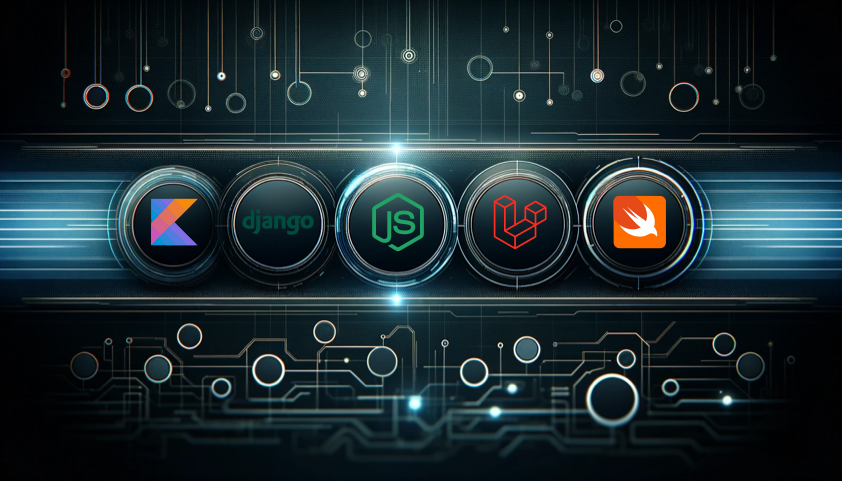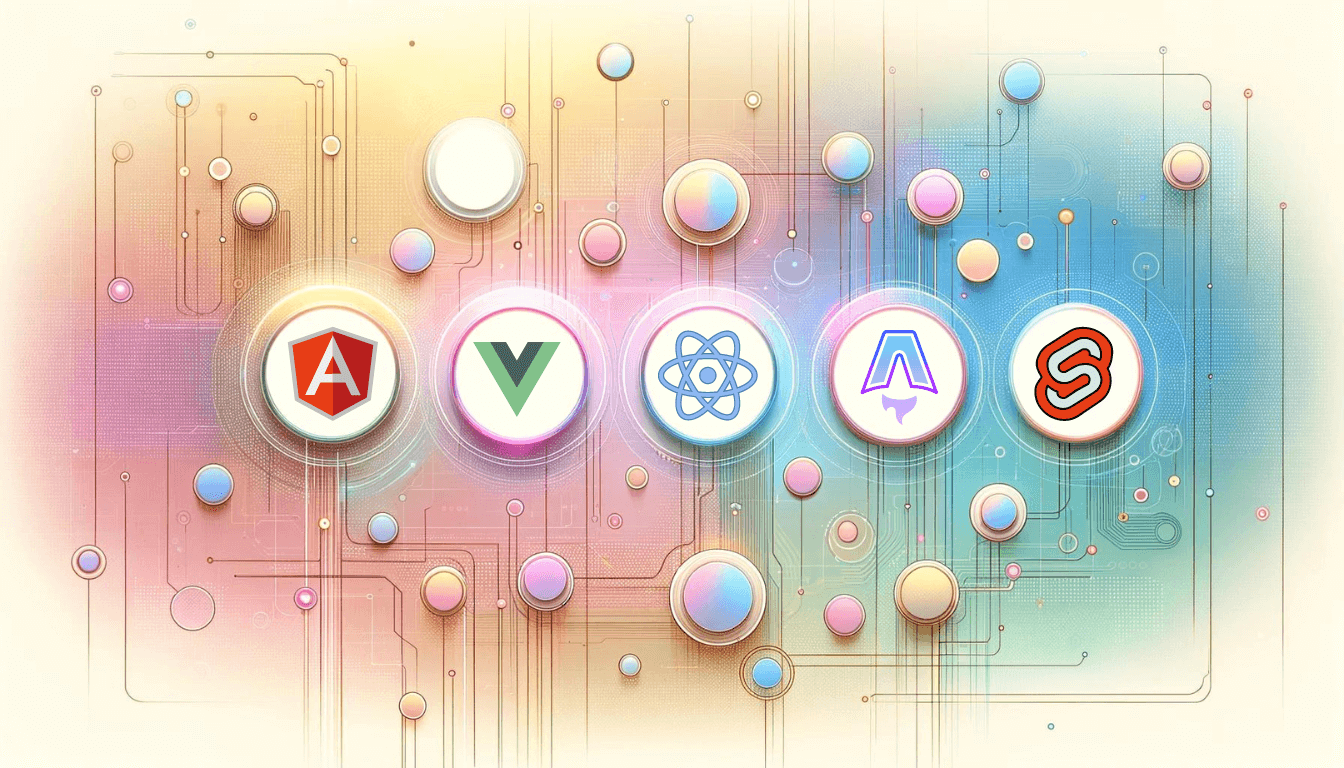DevOps Engineer
Elevate your career as a DevOps Engineer by streamlining deployment pipelines and optimizing system performance for scalable, reliable applications.
Are you ready to bridge the gap between development and operations? As a DevOps Engineer, you’ll play a key role in streamlining deployment pipelines, optimizing system performance, and ensuring scalable and reliable applications. This role is perfect for individuals with a passion for automation, cloud technologies, and continuous improvement.
Responsibilities
- CI/CD Pipelines: Design, implement, and maintain continuous integration and continuous deployment (CI/CD) pipelines to streamline the software development lifecycle.
- Infrastructure Management: Build and manage infrastructure using Infrastructure as Code (IaC) tools like Terraform or CloudFormation.
- System Monitoring: Monitor and optimize system performance, ensuring reliability and scalability through effective alerting and incident response practices.
- Automation: Automate repetitive tasks to improve efficiency, reduce errors, and enhance system reliability.
- Collaboration: Work closely with developers, system administrators, and other stakeholders to support application deployment and system operations.
- Security: Implement and enforce security best practices to protect systems and data.
Skills and Qualifications
- DevOps Expertise: Strong foundation in DevOps principles, including CI/CD, Infrastructure as Code, and system monitoring.
- Cloud Platforms: Experience with cloud platforms such as AWS, Azure, or Google Cloud.
- Scripting: Proficiency in scripting languages such as Python, Bash, or PowerShell for automation.
- Configuration Management: Experience with configuration management tools like Ansible, Puppet, or Chef.
- Problem-Solving Skills: Strong analytical abilities and a proactive approach to troubleshooting and optimizing systems.
Preferred Experience
- Containerization: Experience with containerization technologies like Docker and orchestration platforms like Kubernetes.
- Version Control: Familiarity with version control systems like Git.
- Monitoring Tools: Experience with monitoring and logging tools such as Prometheus, Grafana, or ELK stack.
If you’re ready to advance your career as a DevOps Engineer and contribute to building robust and efficient software systems, we encourage you to apply and join a team where your skills and expertise will make a meaningful impact.


